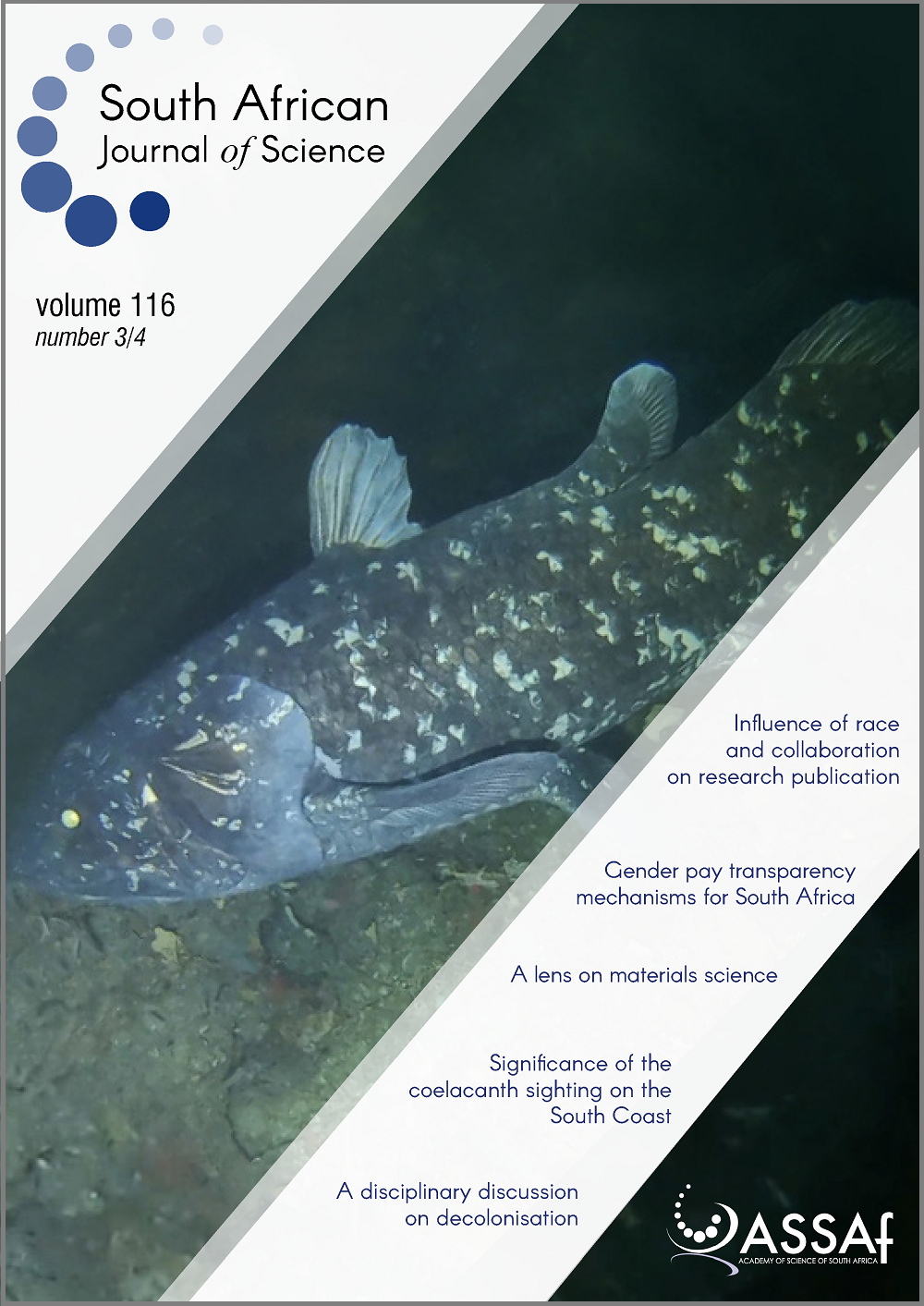A case study of government and civil societies’ collaboration and challenges in securing the rights of Congolese refugees living in Pietermaritzburg, KwaZulu-Natal, South Africa
DOI:
https://doi.org/10.17159/sajs.2020/6210Keywords:
migration, state-assisted integration, human rights, refugee policy implementation, bureaucratic efficiencyAbstract
Several South African focused studies have identified the numerous challenges faced by refugees in securing their legal rights to employment, education, health care, etc. There is a need therefore to investigate the extent to which such challenges are conterminous with bureaucratic institutions (such as government departments) limitations in fully implementing the refugee policy. In cognisance of the many shortcomings associated with state-assisted integration models, we examined how bureaucratic efficiency (in the provisioning of refugee rights) can be achieved, i.e. the feasibility of instituting dependency partnerships between the state and civil society. A case study based interpretive research design technique was adopted, drawing from one focus group discussion with Congolese refugees and face-to-face in-depth interviews with three purposively selected NGO representatives. We used two theoretical perspectives, namely the theory of monopolisation and Weber’s theory on bureaucracy, to analyse how bureaucratic arrangements can negatively impact on the implementation of the refugee policy and consequently on the refugees’ quality of life and standard of living in their host country. We identified that primary cultural factors, amongst others, unruly practices, social closure, and institutional biases widen the chasm between the formulation of a progressive refugee policy and its efficient implementation. The setting up of human rights education interventions and dependency partnerships is recommended as a means of improving bureaucratic efficiency in the transfer or implementation of refugee social protections.
Significance:
- The originality of this paper emanates from its conceptualisation of the state as a bureaucratic institution whose efficiency in implementing policies can be undermined by the existence of not only structural but also primary cultural factors. Refugees’ challenges are thus conceptualised as emanating from a failure to achieve bureaucratic efficiency.
- Multisectoral approaches (dependency partnerships) are suggested as an alternative to a purely vertical top-down model whereby a single bureaucratic institution (often prone to institutional biases and other challenges) is primarily responsible for implementing social protection policy.
- Apart from not providing a hypothesis-based analysis of refugee deprivations, other studies on refugees in South Africa and the region do not examine such deprivations from an institutional standpoint.
Published
Issue
Section
License

All articles are published under a Creative Commons Attribution 4.0 International Licence
Copyright is retained by the authors. Readers are welcome to reproduce, share and adapt the content without permission provided the source is attributed.
Disclaimer: The publisher and editors accept no responsibility for statements made by the authors
How to Cite
- Abstract 1660
- PDF 872
- EPUB 262
- XML 473












.png)